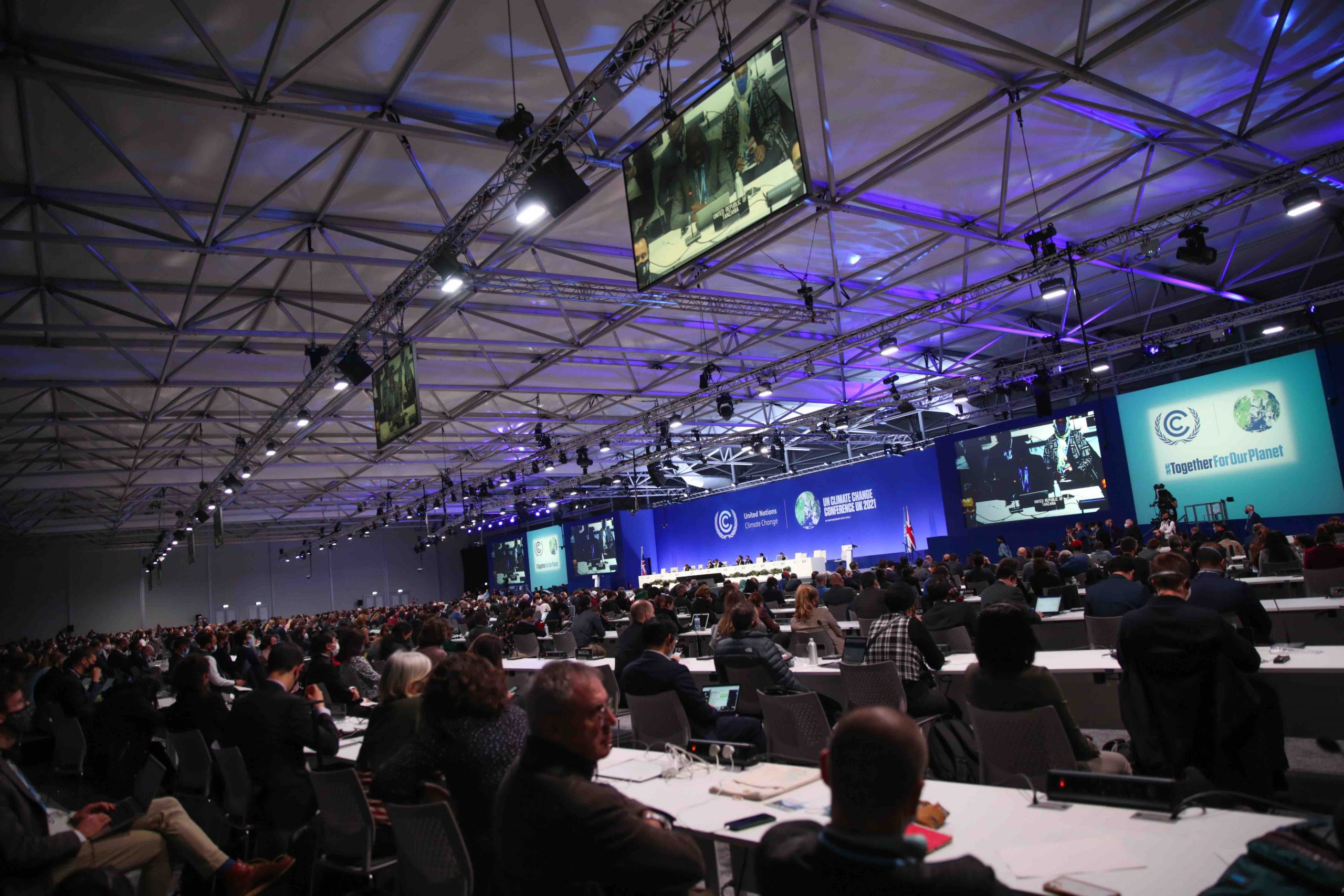When in January 2023 the prestigious scientific journal Nature published an editorial on the threat posed by tools such as ChatGPT for transparent science, they brought into the limelight an issue that had been brewing for months: how to distinguish between the work of bots and that of scientists and what to do about it?
Perhaps the most significant outcome of the initial debate – which we discussed in detail in “Bot or scientist? The controversial use of ChatGPT in science”, giving our own summary of the role of AI generated language models in the future of scientific research and communication – was how “publishers of thousands of scientific journals – including the same Science – have banned or restricted contributors’ use of an advanced AI-driven chatbot amid concerns that it could pepper academic literature with flawed and even fabricated research,” effectively ensuring that chatbots could not be considered authors of scientific papers, at least for now.
Since then, the issue of AI chatbots generating unreliable, and potentially misleading, information has continued to grow, leaving the realm of academia and entering the realm of everyday search for accurate information on the internet. So, how does ChatGPT fair when it comes to answering basic questions on climate change?
In our interview, CMCC President Antonio Navarra calls attention to the fact that “ChatGPT’s tendency to provide an answer regardless of whether it is accurate or not seems to win over the restraint of providing correct information.”
According to climate scientist Dr. Ilissa Ocko, who explores the issue in detail in her own interview with ChatGPT, “ChatGPT was largely correct in broad strokes but not in details — and it made serious errors of omission that reflect a larger societal misunderstanding of climate change.”
Priya Donti, co founder and executive director of Climate Change AI, a nonprofit focused on the intersection of climate change and machine learning, also goes into detail on the role of AI in solving climate issues on the Resources for the Future Podcast, commenting that “It’s designed to come up with answers that sound very authoritative, but could be wrong,” and that getting its information from limited sources is also leading to an information bias.
NewsGuard, a company that monitors and researches online misinformation, released a study revealing how the latest version of OpenAI’s chatbot, for example, was “more susceptible to generating misinformation” and “more convincing in its ability to do so” than the previous version of the program, churning out sophisticated responses that were almost indistinguishable from ones written by humans.
McKenzie Sadeghi, one of the NewsGuard study’s authors, told Inside Climate News that “It reveals how these tools can be weaponized by bad actors to spread misinformation at a much cheaper and faster rate than what we’ve seen before.”
In an editorial for the New York Times, renowned author Yuval Harari also explores what the possible future role of AI which he defines as “humanity’s most consequential technology”. Harari believes that “by gaining the keys to language AI is is seizing the master key to civilization,
What about emissions
The debating surrounding AI chatbots is not just limited to the way they produce information and the reliability of the answers they supply.
In a recent report by Stanford University, researchers look at the carbon costs associated with training four AI generated chatbot models such as DeepMind’s Gopher, BigScience initiatives’ BLOOM, Meta’s OPT, and OpenAI’s GPT-3.
To take the most well known of these, OpenAI’s ChatGPT, the model reportedly released 502 metric tons of carbon during its training—the equivalent of roughly 610 one-way direct flights from New York City to Paris.
Furthermore when comparing an AI chatbot search with a more traditional Google search a recent study reveals how “some industry figures estimate a single generative AI query to be four to five times higher than that of a search engine query.”
According to Kate Saenko, Associate Professor of Computer Science at Boston University, there are potential efficiency upsides to using chatbots: “It can be a more direct way to get information than using a search engine. Instead of getting a page full of links, you get a direct answer as you would from a human, assuming issues of accuracy are mitigated. Getting to the information quicker could potentially offset the increased energy use compared to a search engine.”
However, as AI chatbots seem to be wired to provide answers at all costs, whether they are factually accurate or not, how can we establish what to believe and what not to when using them for climate related information, particularly when links are not provided to back up their claims?
“A curtain of illusions could descend over the whole of humanity and we might never again b e able to tear that curtain away – or even realize it is there,” says Harari.
Not just chatbots
The potential of AI in the field of climate science cannot simply be reduced to chatbots. IN the past Climate Foresight has discussed the role of AI in creating Digital Twins and how this has the potential to revolutionize climate forecasting.
In another interview with Andrea Castelletti, professor of Natural Resources Management at Politecnico di Milano, Climate Foresight also explored how AI frameworks composed of Machine Learning techniques and algorithms can be used to process big climate datasets and therefore advance climate science in the detection, causation, and attribution of extreme events, which has the potential to “save thousands of lives and millions of livelihoods.”
In fact, practical applications of AI in climate related innovation and solutions can be found in startups such as Refiberd, which uses a patent-pending AI and robotics-based recycling system to accurately sort textiles by material and Mortar IO which uses AI to digitize and quickly plan carbon reduction for thousands of buildings. These are just two small examples of how the startup world is leveraging AI for innovative solutions to climate related problems.
As the debate moves towards questioning whether we should curtail AI due to fears over its potential impacts on society, and also the environment, a recent study published in Nature Climate Change highlights how: “Halting generative AI advancements may slow down progress in climate research” and would therefore be counterproductive. Instead, the paper claims that “language models offer an opportunity to advance climate and sustainability research, and that “regulation and validation of generative artificial intelligence models would provide more benefits to society than a halt in development.”
For Climate in Colour founder and PhD student, Joycelyn Longdon, part of the task is also about addressing social injustice and bias in how AI generated tools work. Longdon talks extensively about the role of technology in addressing climate breakdown, and how computing and social justice—especially in the environmental realm—need to be addressed as she advocates for “culture, society and community underpinning technological development, and localised anti-colonial technologies.”
According to a new paper by researchers at the University of Cambridge published in Nature’s npj |Climate Action, digital information available for AI use is more reflective of the climate priorities and perceptions of individuals in the Global North who have access to technology, while those in the Global South, such as Indigenous communities, often find their experiences and priorities missing from the data.
The paper goes on to show how these biases in the way AI collects data in climate science can even result in misrepresentation of climate information and, in some cases, lead to the generation of ineffective weather predictions and underestimation of carbon emissions from certain industries.
As the pros and cons of AI in the field of climate science and communication continue to tally up a 2022 paper published in Science advocates for amore calculated alignment of AI with climate change goals.
“AI affects the climate in many ways, both positive and negative, and most of these effects are poorly quantified,” said David Rolnick, Assistant Professor of Computer Science at McGill University and a Core Academic Member of Mila — Quebec AI Institute, who co-authored the paper. “For example, AI is being used to track and reduce deforestation, but AI-based advertising systems are likely making climate change worse by increasing the amount that people buy.”
In the paper the authors emphasize the ability of researchers, engineers, and policymakers to shape the impacts of AI, writing that its “[…] ultimate effect on the climate is far from predestined, and societal decisions will play a large role in shaping its overall impacts.”
In the words of Harari: “AI. indeed has the potential to help us defeat cancer, discover life saving drugs and invent solutions for our climate and energy crises. There are innumerable other benefits we cannot begin to imagine. But it doesn’t matter how high the skyscraper of benefits AI assembles if the foundation collapses.”






